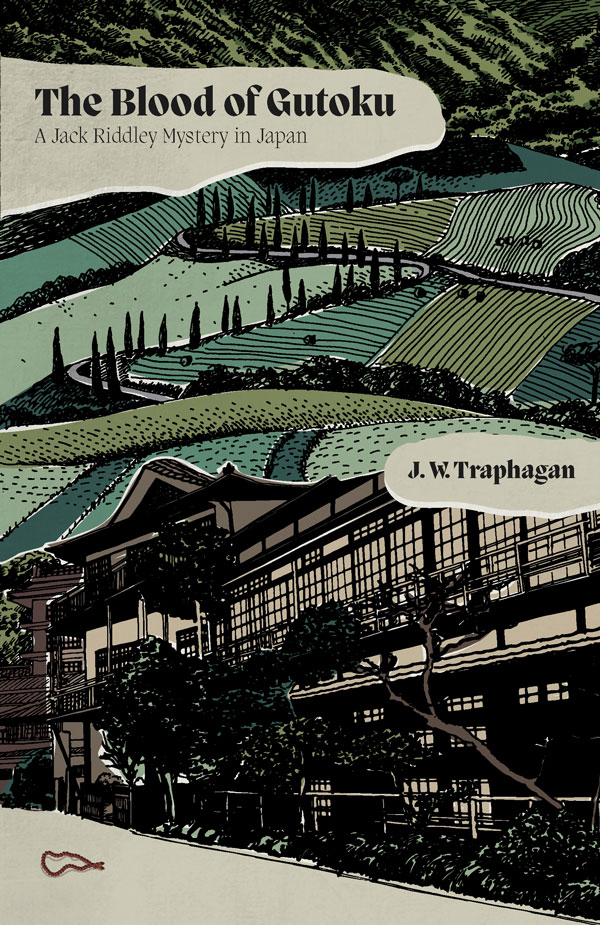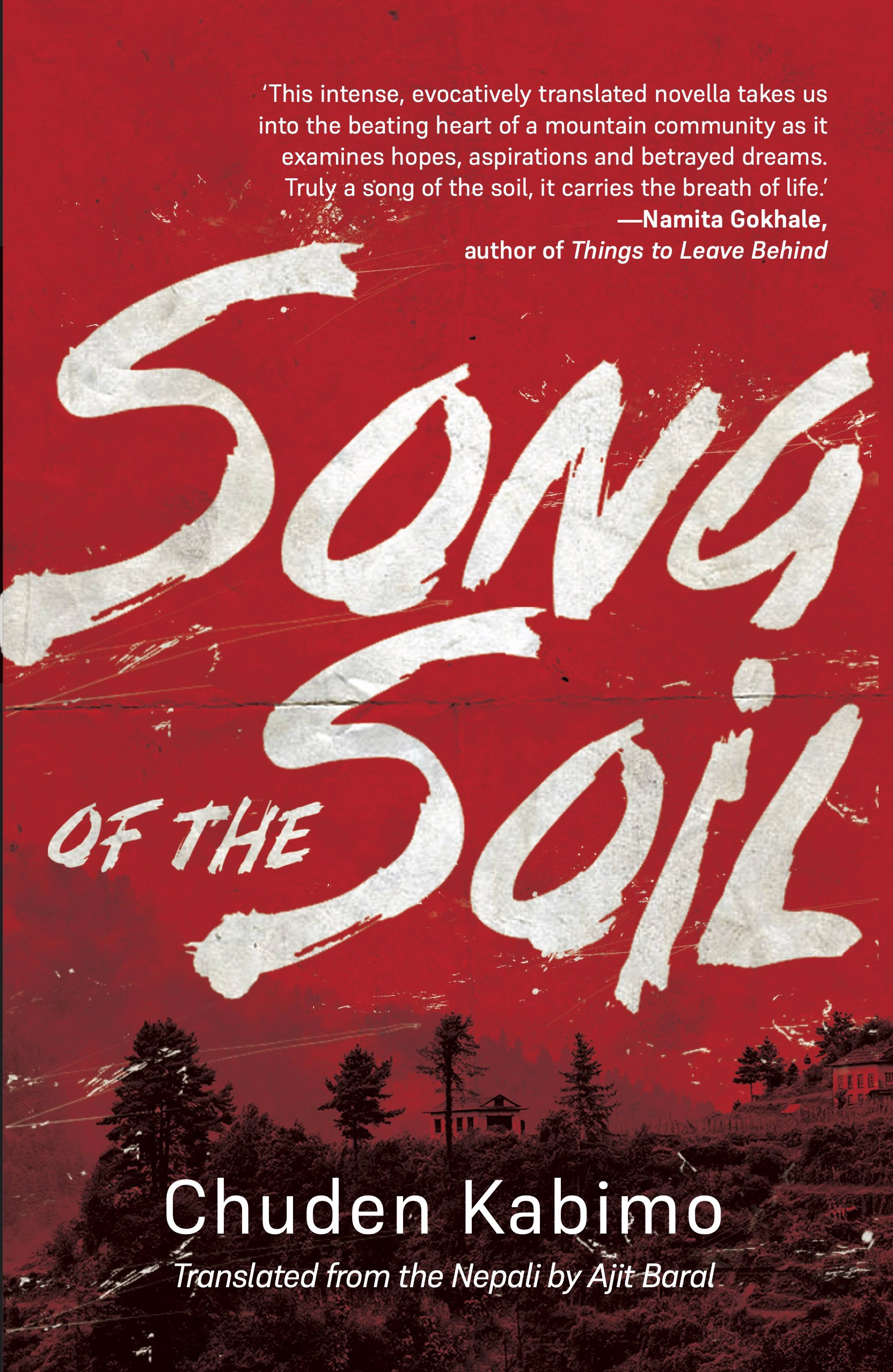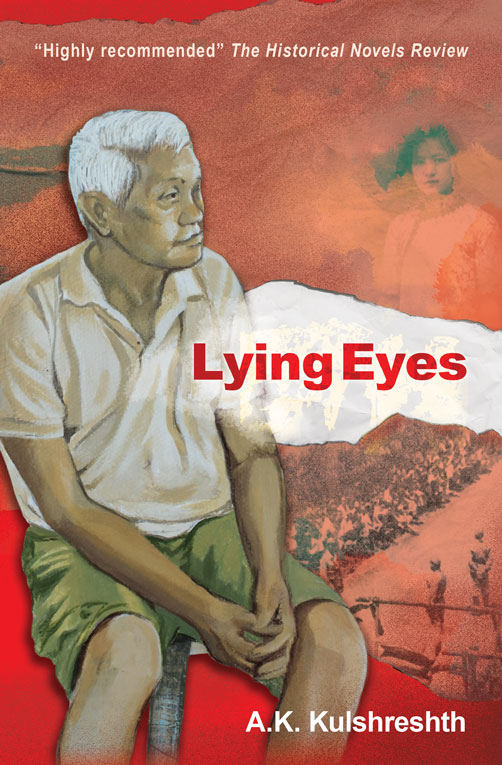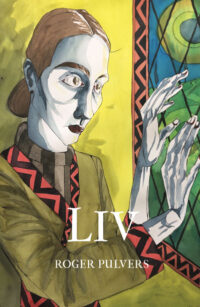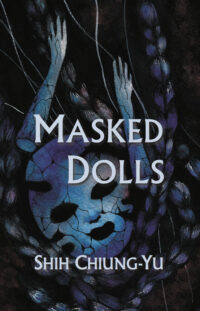Song of the Soil
GBP 11.99
by Chuden Kabimo
Translated from the Nepali by Ajit Baral
Shortlisted for The JCB Prize for Literature 2022
On a day of earthquake and rain, a young man gets bad news. Ripden, his childhood friend, has been swept away by a landslide.
He makes his way back to Malbung, the village of his birth, and the memories come rushing back: growing up together, harsh teachers at school and playing truant, bullies and backyard fights. He remembers, also, the day they ran away from home to Lolay to find out about Ripden’s father, vanished years earlier in the revolution. There the pair meet Nasim, who narrates to them an extraordinary tale from his younger days.
Set in the foothill town of Kalimpong in the Himalaya, Song of the Soil brings alive the story of the revolution for a separate state of Gorkhaland in the late 1980s. It lays bare the many faces of violence during the brief but politically charged Gorkha movement, exploring the idealistic dreams of the youths recruited into a revolution they do not fully understand-mere children who failed to see the selfishness of their leaders, leaders who disregard the lives of their foot soldiers in the name of the greater good of Gorkhaland. In doing so, the novel asks the vital question: Who, ultimately, wins in a revolution-and who loses?
Chuden Kabimo is based in Kalimpong, India. His short story collection, 1986, centred on the Gorkhaland movement in that year, received the Sahitya Akademi Yuva Puraskar for Nepali language 2018. Originally written in Nepali, Song of the Soil is his first novel.
Ajit Baral is based in Kathmandu, Nepal. He is the author of The Lazy Conman and Other Stories: Folktales from Nepal, Interviews Across Time and Space, and co- author of By the Way: Travels Through Nepal’s Conflict and Shaili Pustak, a Nepali style guide. Co-founder of FinePrint and the director of Nepal Literature Festival, he has also co-edited an anthology of Nepali short stories in English, New Nepal, New Voices, and is the editor of First Love, an anthology of memoirs.
‘This intense, evocatively translated novella takes us into the beating heart of a mountain community as it examines hopes, aspirations and betrayed dreams. Truly a song of the soil, it carries the breath of life.’— Namita Gokhale, author of Things to Leave Behind
‘A thing of beauty-and an important book that deserves to be read in many languages.’— Prajwal Parajuly, author of The Gurkha’s Daughter
‘Song of the Soil is a shining example of how one can write about a violent incident without recreating the violence. The author blends bildungsroman with a conflict story with great dexterity, bringing out new aspects of both forms. This book is able to make poetry out of brutal situations, but does so with honesty, humour, and gentleness.’— The JCB Prize for Literature Jury
ISBN: 978-1-913891-21-3
Publication date: 30 September 2022
Format: Paperback (Demy octavo) 216mm x 138mm
Pages: 166
Synopsis
A tale of friendship and betrayal in the midst of a revolution.
On a day of earthquake and rain, a young man gets bad news. Ripden, his childhood friend, has been swept away by a landslide.
He makes his way back to Malbung, the village of his birth, and the memories come rushing back: growing up together, harsh teachers at school and playing truant, bullies and backyard fights. He remembers, also, the day they ran away from home to Lolay to find out about Ripden’s father, vanished years earlier in the revolution. There the pair meet Nasim, who narrates to them an extraordinary tale from his younger days.
Set in the foothill town of Kalimpong in the Himalaya, Song of the Soil brings alive the story of the revolution for a separate state of Gorkhaland in the late 1980s. It lays bare the many faces of violence during the brief but politically charged Gorkha movement, exploring the idealistic dreams of the youths recruited into a revolution they do not fully understand-mere children who failed to see the selfishness of their leaders, leaders who disregard the lives of their foot soldiers in the name of the greater good of Gorkhaland. In doing so, the novel asks the vital question: Who, ultimately, wins in a revolution-and who loses?

